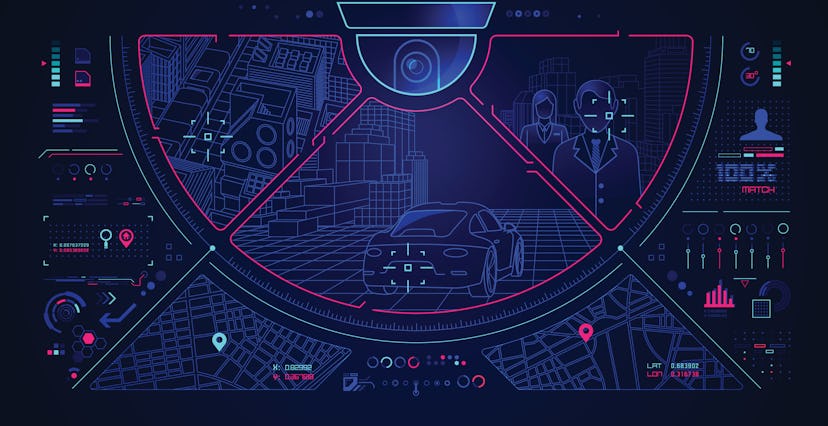Tech
Report: Amazon Ring is quietly working on surveillance options
With at least 1,200 partnerships with law enforcement authorities in the U.S. already Ring is now considering adding new surveillance features.

Amazon could become the biggest enterprise to enter the market of facial recognition and license plate scanning tools, according to Ars Technica. The company is quietly looking into surveillance features, the report claims, through its subsidiary Ring. If these features go live, they would include the ability to spot "would-be criminals" and conduct license plate detection using Rings network of consumer security cameras and doorbells.
This rumored dive into surveillance seems rather ill-advised for a company like Ring, which only recently introduced authentication enhancements after a series of major security issues came to light. Ring has also previously been hit with a federal lawsuit of user privacy negligence after hackers accessed video feeds and harassed families. Over 1,500 Ring passwords were recently exposed on the dark web, for extra points, and the company has even had to fire some of its own employees for watching private Ring feeds.
Troubling, but not surprising — Back in January, according to Ars Technica, Amazon hinted at the possibility of adding facial recognition to its consumer products. At that time, it said that Ring products did not carry facial recognition capabilities. Still, the company wrote, "We do frequently innovate based on customer demand, and facial recognition features are increasingly common in consumer security cameras today, such as: Google Nest Hello, Tend Secure Lynx, Netamo Welcome, Wisenet Smartcam, and Honeywell Smart Home Security."
Amazon added, "If our customers want these features in Ring security cameras, we will release these features only with thoughtful design including privacy, security, and user control, and we will clearly communicate with our customers as we offer new features."
Of course, this doesn't ameliorate the ethical concerns raised by lawmakers. In the very same letter, Amazon was asked if it had unfettered access to "previously tagged information" in videos. This would have been the perfect opportunity for Jeff Bezos' enterprise to provide a reassuring and substantiated answer in front of lawmakers, but Amazon simply responded, "No."
The problem with automated license plate readers — Earlier in February, an official audit of automated license plate readers used by law enforcement departments in California showed how these databases carried information belonging to vehicles that weren't on hotlists, while agencies also failed to explain just who had access to the imagery. Questions around cloud storage vendors, as well as privacy policies, were also met with inadequate answers. The audit showed just how careless and disorganized management of license plate reader programs tends to be.
If Ring decides to go forward with such a program, it will need to convincingly answer questions surrounding the ethical, social, legal, and technical repercussions of such technology. For its own part, though, the company wants the public to know that its potential turn to surveillance is well-intentioned — regardless of the lack of clarity surrounding it at the moment.
"Privacy is foundational to us," a Ring spokesperson told Ars Technica, "and any products and features we develop include strong privacy protections and provide customers with privacy controls."